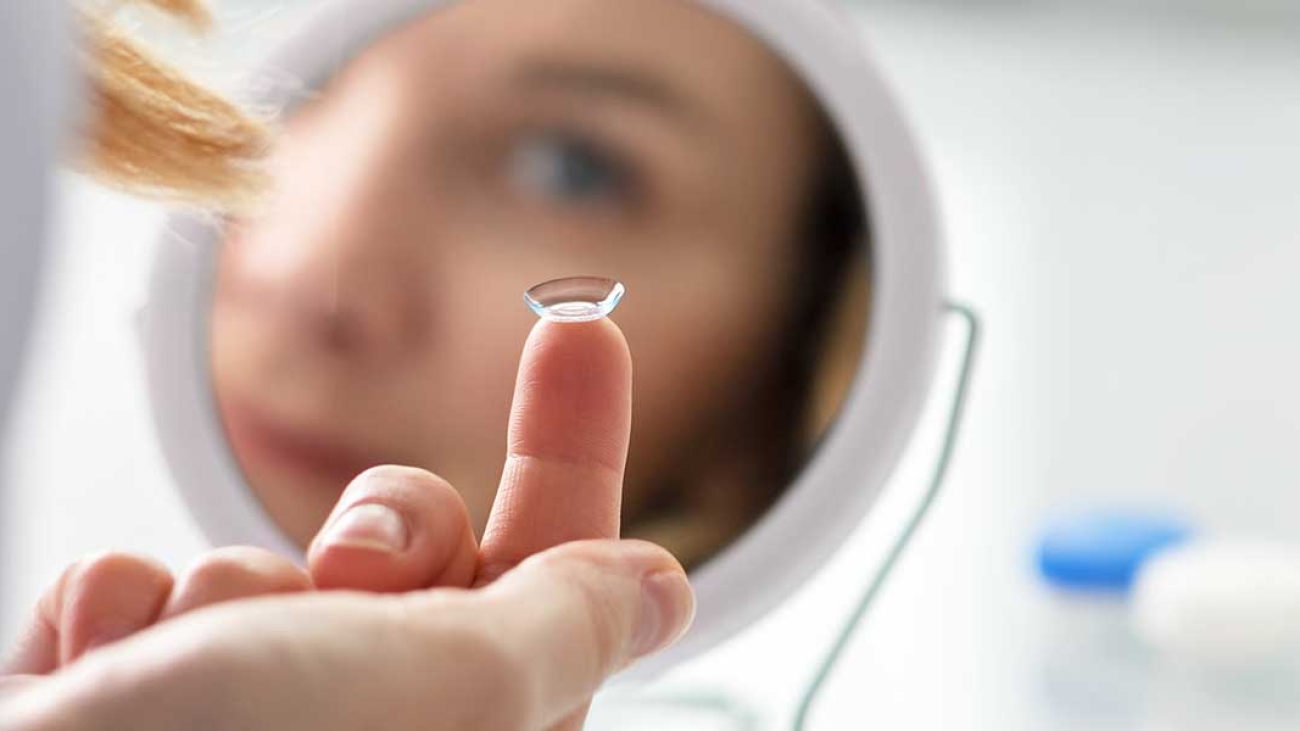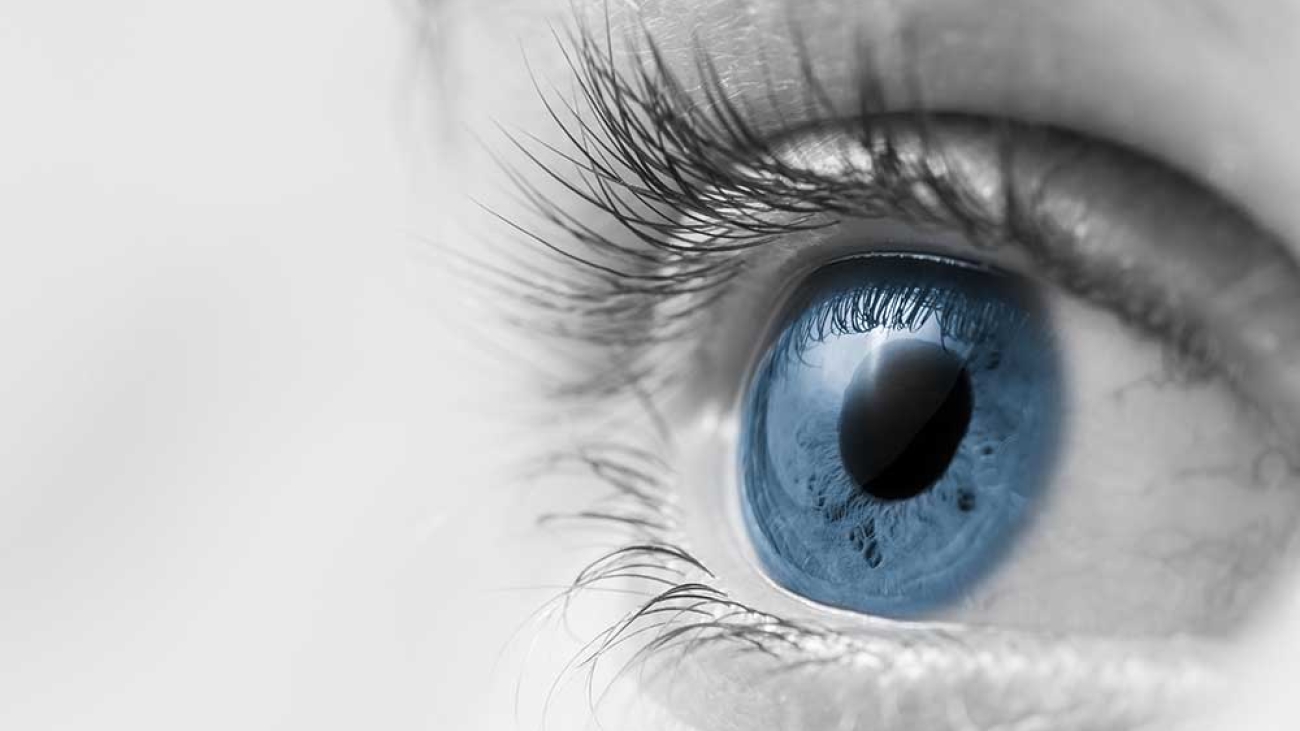As we age, it’s common for our vision to change, especially when it comes to focusing on objects up close. This condition, called presbyopia, typically starts to affect people in their 40s and beyond.
For some, varifocals or reading glasses are the go-to solutions—but for others they may wish not to be seen wearing spectacles. Thanks to advancements in technology, multifocal contact lenses now offer a convenient and effective alternative.
In this blog, we’ll explore everything you need to know about multifocal contacts and why they might be the right choice for you.
Firstly, What is Presbyopia?
Presbyopia occurs because the lens of the eye gradually becomes less flexible as we age. In younger eyes, the lens easily changes shape to focus on objects at different distances. Over time, the lens hardens and loses this ability, making it difficult to focus on close-up tasks like reading or using a smartphone.
Can Presbyopia Be Prevented?
Presbyopia is a natural part of aging and there is no cure for it. When the lens has lost its elasticity you will need glasses or contact lenses to focus on objects at different distances.
Signs that your presbyopia needs treatment
Blurred vision, particularly in low light, eye strain or fatigue when reading, headaches, needing to use the light on your phone to read the dinner menu, using your phone to enlarge the dinner menu.
I’d like an alternative to wearing glasses, can I wear contact lenses?
Contact lenses are an effective means of correcting presbyopia, whether that’s for social wear and sport or for daily wear throughout the day.
What Are Multifocal Contact Lenses?
Multifocal contact lenses are designed to correct presbyopia enabling you to focus at near, far, and everything in between. Unlike traditional contact lenses which focus on a single distance, multifocal lenses have multiple prescription zones built into them allowing you to focus at various distances.
Trying Multifocal Contact Lenses
We now have multifocal contact lens designs available for a wide range prescriptions, including toric multifocal lenses for those with astigmatism.
Fitting multifocal contact lenses requires a customised approach to ensure clear vision at all distances. Because these lenses have multiple power zones, the process involves trial and adaptation to find the best balance between near, intermediate, and distance vision.
Typically it may take a few days to adapt to using a multifocal contact lens, in fact initially your vision may seem a little blurred, but as your brain adapts to using the lenses your vision becomes clearer.
Modern contact lenses are now more comfortable than ever before, with manufacturers designing materials that perform exceptionally throughout the day.
To begin your journey with multifocal contact lenses, book a contact lens trial with one of our experienced optometrists in our Clifton or Portishead practices, and they will evaluate which lens design will work best for you.





